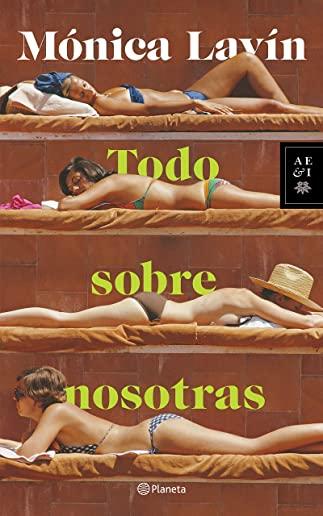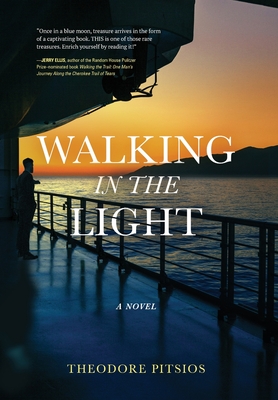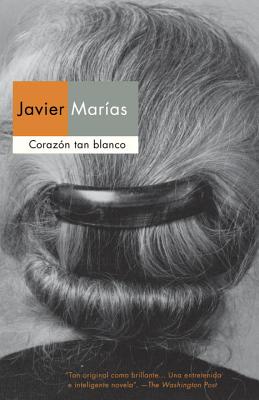
description
3In this delightful autofiction―the first book by Gainza, an Argentine art critic, to appear in English―a woman delivers pithy assessments of world-class painters along with glimpses of her life, braiding the two into an illuminating whole. ―The New York Times Book Review, Notable Book of the Year and Editors' Choice The narrator of Optic Nerve is an Argentinian woman whose obsession is art. The story of her life is the story of the paintings, and painters, who matter to her. Her intimate, digressive voice guides us through a gallery of moments that have touched her. In these pages, El Greco visits the Sistine Chapel and is appalled by Michelangelo's bodies. The mystery of Rothko's refusal to finish murals for the Seagram Building in New York is blended with the story of a hospital in which a prostitute walks the halls while the narrator's husband receives chemotherapy. Alfred de Dreux visits Géricault's workshop; Gustave Courbet's devilish seascapes incite viewers "to have sex, or to eat an apple"; Picasso organizes a cruel banquet in Rousseau's honor . . . All of these fascinating episodes in art history interact with the narrator's life in Buenos Aires―her family and work; her loves and losses; her infatuations and disappointments. The effect is of a character refracted by environment, composed by the canvases she studies. Seductive and capricious, Optic Nerve marks the English-language debut of a major Argentinian writer. It is a book that captures, like no other, the mysterious connections between a work of art and the person who perceives it.
member goods
No member items were found under this heading.
listens & views

LEBENDIGE VERGANGENHEIT
by FLAGSTAD / ORMANDY / PHILADELPHIA ORCHESTRA
COMPACT DISCout of stock
$19.75
Return Policy
All sales are final
Shipping
No special shipping considerations available.
Shipping fees determined at checkout.






